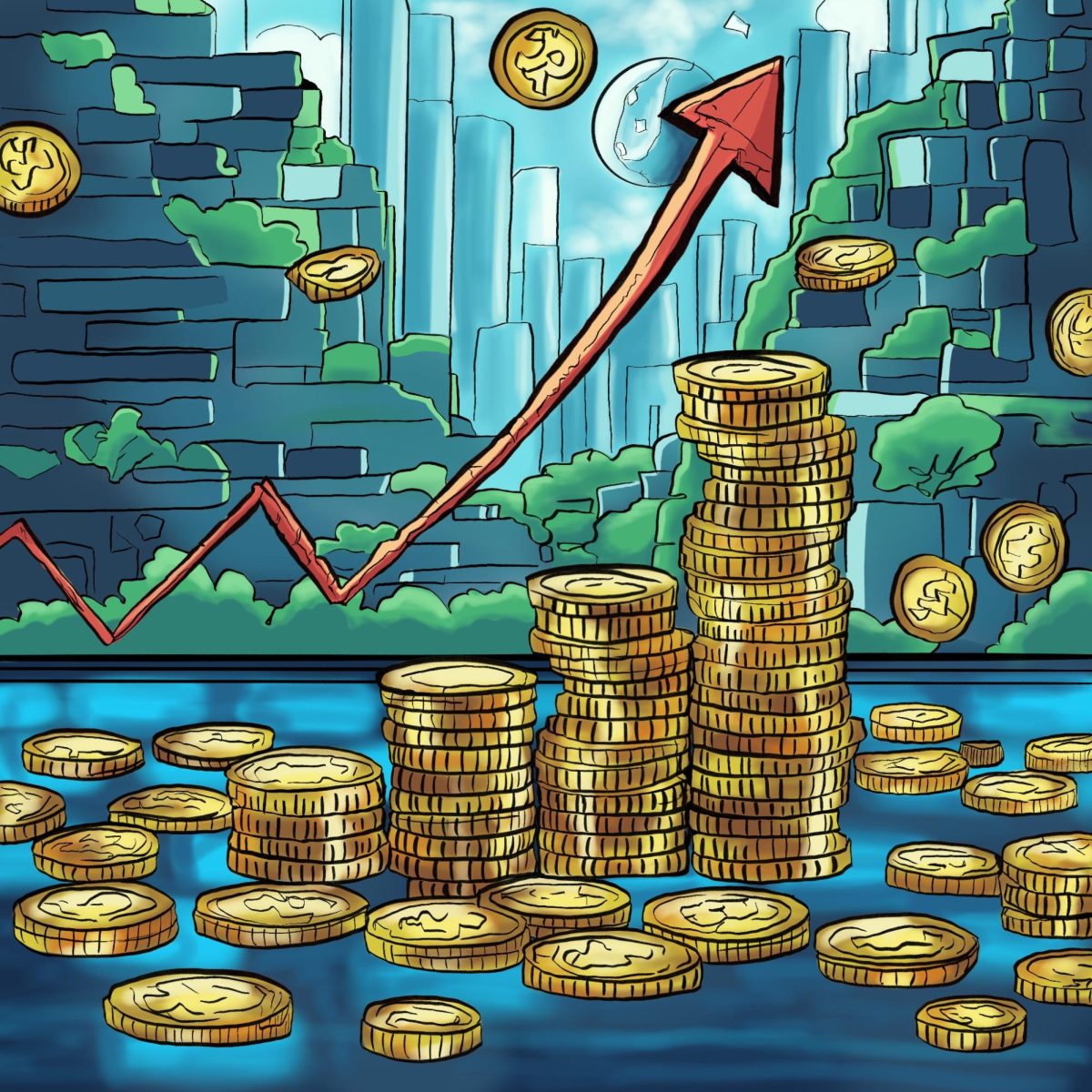Why is oil so cheap?
January 27, 2016
I may not drive a car, but even I have recognized the recent plunge in oil prices. Nationally, it has been great for the average gas-guzzling consumer. The current global price of oil trades at approximately $31-$32 a barrel compared to its normal price of $90 or $100 a barrel. In the United States, gas now averages at under $2 a gallon. People are going on more road trips and vacations, and have more spending money in their pockets. This will especially aid lower-income groups who can hold onto the gas money that once ate up their salaries. We can thank innovations in horizontal drilling and hydraulic fracking for the growth in U.S. domestic production, which has nearly doubled over the last few years. World oil production has also increased from 63 million to 80 million barrels a day since 1996.
This all seems wonderful from a microeconomic perspective, but the reality is that the oil industry is facing its deepest depression since the 1990s. An estimated 250,000 oil workers have lost their jobs, earnings for oil companies have decreased, and investments in production and exploration have been cut. An increase in supply with very little demand to balance out the economy is the root of the plunge in prices. Venezuela, Nigeria, Brazil, Russia, Ecuador, and other oil-producing countries are struggling to withstand the economic turmoil, along with the eight major oil-producing states in the United States: Alaska, North Dakota, Texas, Oklahoma, Montana, New Mexico, Wyoming, and Louisiana. Some people believe that the upcoming year will be economically devastating for the United States, and that we may be facing a financial crisis worse than the one in 2008.
There has never been a recession caused by low oil prices, so people don’t know what to expect. I don’t think that we will see oil prices normalizing any time soon. With Iran’s sanctions soon to be lifted, we’re going to be seeing an even more stressful situation in the market. As the second largest Organization of the Petroleum Exporting Countries (OPEC) exporter, years of being held from oil production will mean an influx of oil coming in from Iran. Their aim is to increase their production of oil to 4.2 million barrels a day. Crude prices are due to tank even lower. But like the changing of the seasons, we have to remember that recessions are a natural part of the economic cycle. We’ll just have to sweat out a few months or years before the smoke finally clears.


























